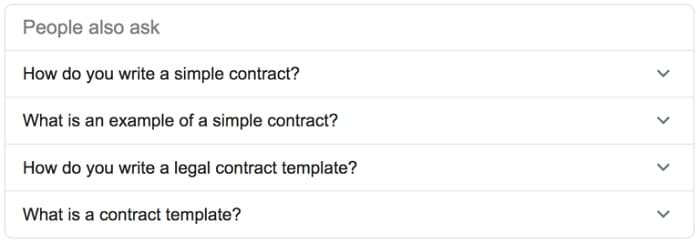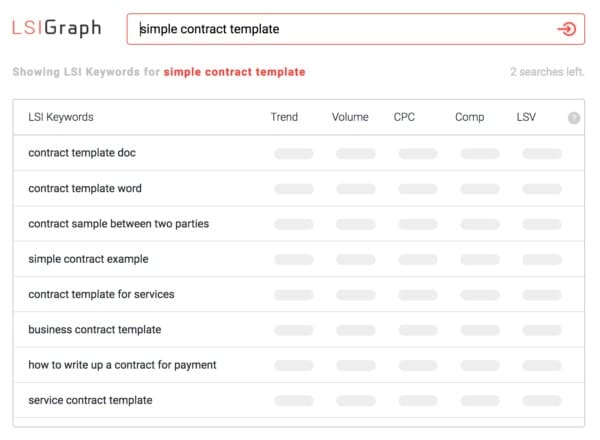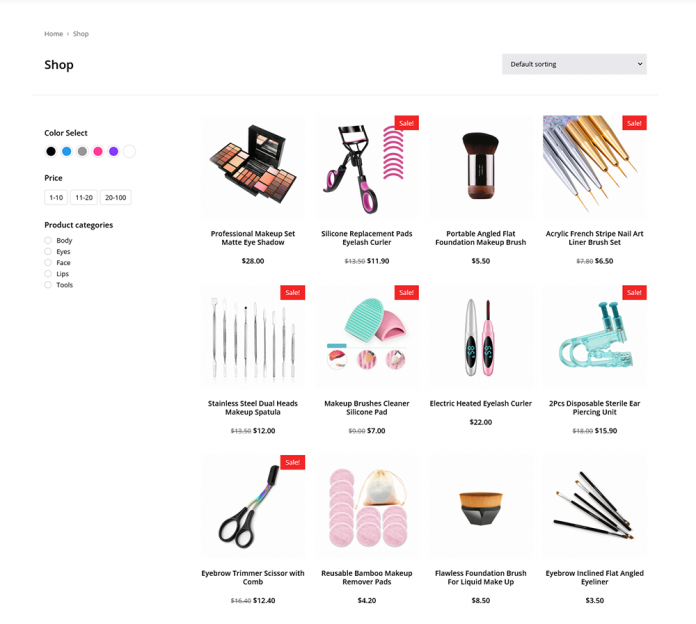Understanding how to search for keywords is a critical component of any search engine optimization (SEO) approach. You can boost your search exposure and drive more visitors from your target demographic by using the proper terms.
Despite being an important part of SEO and content marketing, keyword research can be time-consuming and costly. Fortunately, there are various free keyword research tools available to assist you to make your work more fruitful without breaking the bank.
Know more about : Page Title SEO, Keyword Density, Technical SEO, Google Penalties
How to Find Keywords Using 6 Free Tools
1. Related Google Searches
Google-related searches are a wonderful place to start when looking for a free keyword search solution. Enter a term or phrase into the search engine and scroll all the way down to the bottom of the page. You’ll see searches that Google has determined are closely related to your search query.
This is a quick and easy approach to locate similar keywords to use in your content, which can help enhance the signals you give search engines and improve your SEO.
2. Google Related Issues [Keywords]
When you conduct a Google search, you may notice a box containing the most frequently asked questions about your search phrase. These linked questions expand to display answers, additional search terms, and even more similar questions.
Long-tail phrases and inquiries have become more integrated into search results as natural language and semantic search have grown in popularity. These questions are an excellent method to discover long-tail keywords for use in evergreen content on your website. Long-tail keywords are also useful for catching the attention of your most qualified audience because they are quite precise in nature.
3. Respond to the Public
Another method for locating long-tail SEO keywords is to use the free keyword research tool Answer the Public. When you enter a target term, the tool returns a large number of related phrases that include that keyword.
This is another excellent method for discovering dozens upon dozens of ideas and topics for your writing. You can also arrange the results by whether they are questions (for example, how to, which are), if they use prepositions (for example, for, can, with), and other criteria.
4. Keywords LSI Graph Generator
You should learn how to locate LSI keywords as well as how to search for keywords.
LSI keywords are semantically relevant terms to your target term. The LSIGraph keyword generator is a free keyword research tool that can assist you in finding them. Enter your search term, and the tool will generate a list of phrases that are semantically similar to it.
To find phrases for semantic SEO, use this keyword explorer.
Semantic SEO is the practice of appealing to semantic search and increasing search rankings by using a target keyword as well as related keywords on a page of content.
5. Scout Wordtracker
Use Wordtracker Scout to learn how to search for keywords on a website. Wordtracker Scout displays the keywords that appear on an existing page of material. Install the Chrome extension and click to scan the web page you’re on. The program generates a word cloud using the most relevant terms from the page.
Use our free keyword tool to research sites that appeal to your target audience and discover popular terms that can potentially bring traffic to your site.
6. Alexa’s Free Site Analysis Tool
Use Alexa’s Site Overview tool to run a keyword analysis on an entire website. It displays a website’s:
- Top keywords: those that drive the most traffic to the site.
- Keyword gaps: keywords that drive traffic to rivals but not the target site.
- Keywords that are simple to rank: relevant, popular keywords that are within the site’s ranking capability.
- Buyer keywords are prominent keywords with a high level of purchasing intent.
The keyword opportunities section of the Site Overview tool is extremely customizable.
You might conduct a site audit to identify untapped keyword potential that you should pursue.
Alternatively, you might look for a competitor’s website and run a website keyword analysis to determine which terms are performing best for them.
Finally, you might research potential guest blogging sites to find topics that are intriguing to them and relevant to their publication. Use the Site Overview tool to identify keyword gaps for that site that you might be able to cover by guest posting for them.
You May also like sitescorechecker, Pro Site Ranker












